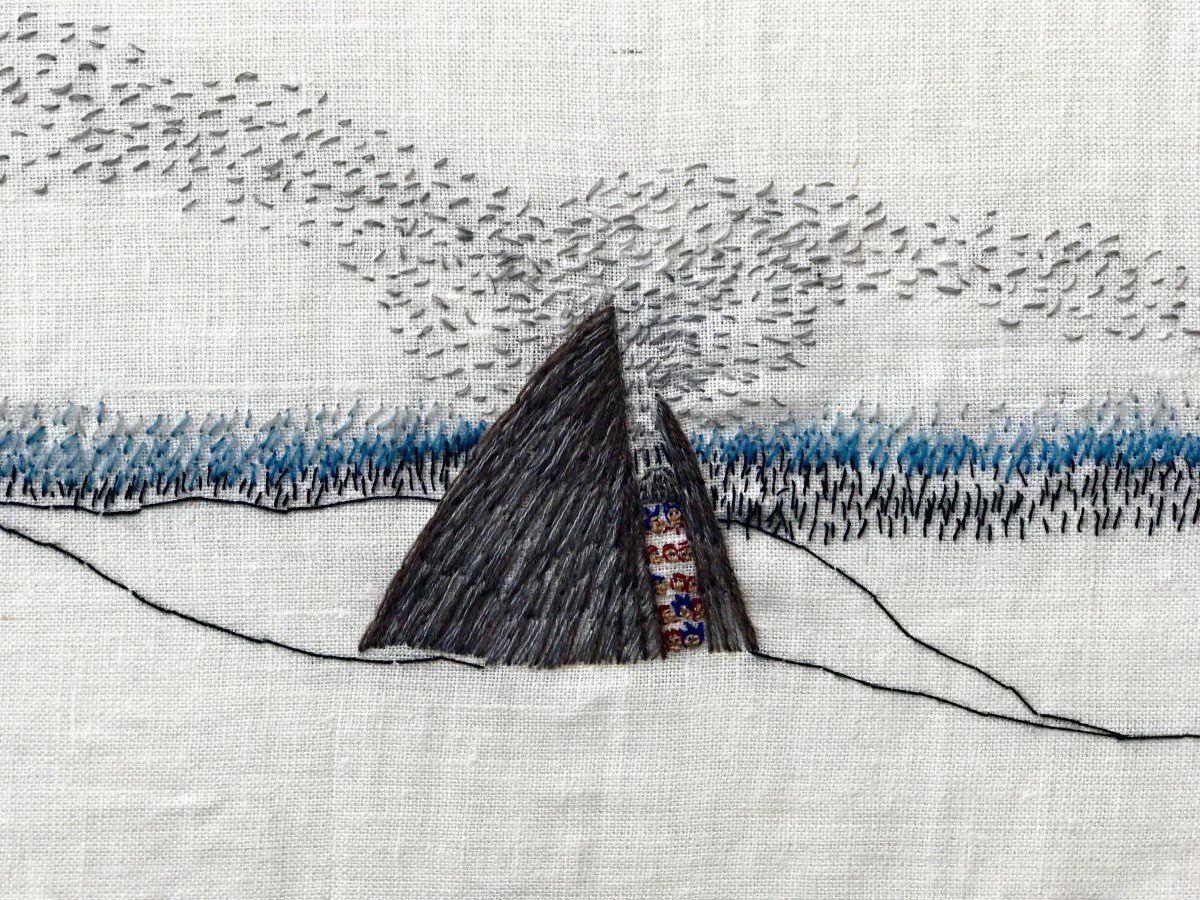I am excited to put together the program and organise the 6th Summer school of Latvian Centre for Contemporary Art in collaboration with Ieva Astahovska for a group of 20 curators, artists and humanity scholars (2-7 August 2019) in Kuldīga, Latvia. The central theme of the program will be how violent pasts remain with us and how contemporary artistic research and curatorial projects have found ways to mediate their different dimensions. Our programme will bring together interdisciplinary work on contemporary legacies of the Second World War and relate them to Cold War and postcolonial frameworks in search for more complex narratives of history in the Baltic Sea Region.
The mediations of difficult pasts we will touch upon concern violent conflicts and traumatic losses, their afterlives in personal experiences and collective memory, the lives of communities owing to forced migration and deportation, subjugation of indigenous people, practices of exclusion and othering of communities.
Speakers organising workshops and lectures are distinguished thinkers and experts in the fields of visual art, cultural history and theory, as well as memory, feminist and LGBTQ+ studies. They will introduce research and curatorial projects and discuss intersections between minority studies, postcommunist and postcolonial discourses. The speakers include Violeta Davoliūtė, Professor at the Institute of International Relations and Political Science, Vilnius University, Ilya Lensky, Director of the Museum ‘Jews in Latvia’ (tbc), artist Harri Pälviranta from Finland, Adi Kuntsman, Senior Lecturer from the Manchester Metropolitan University and Norwegian-Sami artist Máret Ánne Sara.
In the workshops we will consider how could more complex and layered histories be told that complement disputed pasts with new perspectives, in ways that combine critical consciousness with empathic understanding and how could violent histories be narrated in ethical and audience-conscious ways. The Summer School will focus on the entangled relations between pasts and presents and the impact that these difficult histories have left to contemporary realities in the Baltic Sea region. For more information see here
Image: Britta Marakatt-Labba, Historja, 2003-2007 (fragment)
